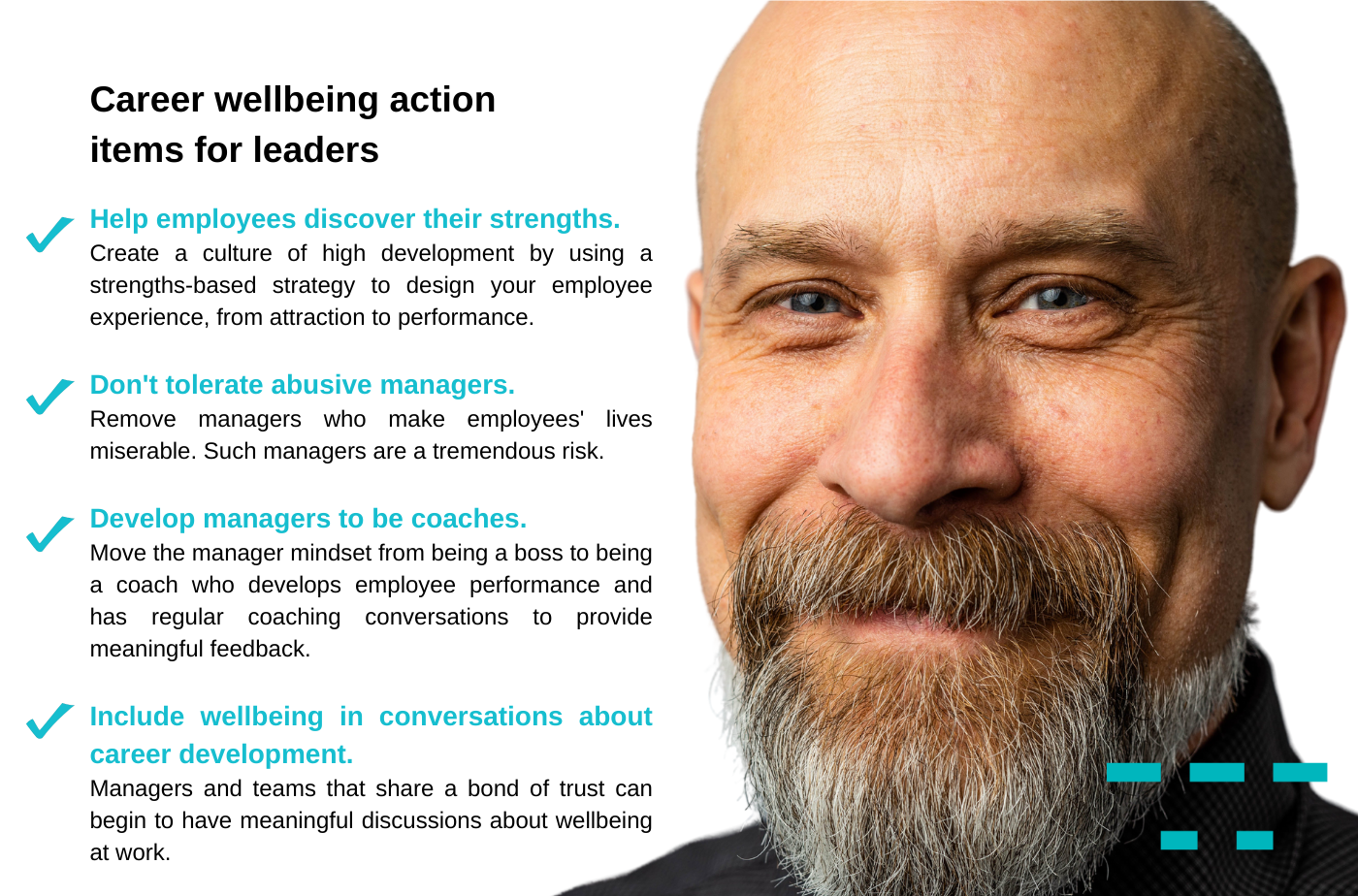In 2024, the workplace is undergoing a significant transformation, and leaders need to adapt their approach to people management to meet the changing demands. The top five leadership trends for 2024, as identified by Forbes, include adaptive leadership, emphasis on emotional intelligence, purpose-driven leadership, well-being-focused leadership, and inclusive leadership. These trends reflect the need for leaders to cultivate a diverse skill set that aligns with the evolving requirements of the modern workforce.
The Pitfalls of Conventional Leadership: Why the Old Model Fell Short
The traditional models of corporate leadership have often failed to meet the evolving needs of the workforce and the dynamic nature of modern businesses. Several reasons have been identified for the failure of these leadership models:
Lack of Meaningful Connection: Leadership fails when leaders do not connect with each team member in a meaningful way. This failure to establish a genuine connection can have a profound effect on the company, leading to decreased employee engagement and satisfaction.
Inadequate Support for Workplace Obstacles: Traditional leadership models often do not provide managers with enough support to navigate the various workplace obstacles, such as balancing budgets, protecting employee well-being, and improving productivity. This lack of support can lead to increased pressure and burnout among leaders.
Failure to Recognize Non-Financial Forms of Compensation: Some leadership models fail to recognize that finances are not the only form of valued compensation. Employees often seek recognition, flexibility, and a supportive work environment, and leaders who fail to acknowledge these non-financial forms of compensation may struggle to retain talent.
One-Size-Fits-All Approach: Many leadership initiatives fail due to the assumption that one size fits all, and the same group of skills or style of leadership is appropriate regardless of the organization's strategy and culture. This lack of customization and adaptability can lead to ineffective leadership development.
Lack of Trust and Support: A significant cause of leadership failure is the lack of trust and support from employees. Studies have shown that a large percentage of employees do not trust their leaders and do not feel supported by them, leading to decreased morale and engagement.
The new era of leadership in the workplace
The new era of leadership in the workplace is characterized by a shift away from traditional top-down hierarchies and a focus on command and control. Instead, it emphasizes collaboration, empowerment, purpose, and well-being.
Embracing Change: Effective leaders in this era can anticipate change and successfully steer their organizations through periods of disruption. They foster a culture where change is not feared but embraced, setting a precedent for continuous evolution and progress.
Driving Innovation: Modern leaders are gauged by their ability to drive innovation. They foster an environment encouraging creative thinking and problem-solving, resulting in disruptive and impactful solutions.
Flexibility: The capacity to adapt one's leadership style to the needs of the situation and the team is a crucial aspect of modern leadership. Modern leaders understand that there is no 'one size fits all' approach to leadership and exhibit versatility in their strategies.
Collective Leadership: A significant shift in leadership is the adoption of collective leadership models, where employees want their workplaces to adopt a more collaborative and team-oriented approach.
New Leadership Role Definitions: The new era of leadership focuses on developing new role definitions, career paths, incentives, and performance management systems that emphasize working as a network of leadership teams.
Leaders must evolve beyond being managers seeking incremental improvement to become visionaries with the courage to craft a resonant purpose and boldly imagine and pursue the future.
Social Skills Development: In the 21st-century workplace, leaders need to develop and master social skills necessary to manage various people, situations, and requirements. The quality of a team's relationships directly impacts its members' solidarity, mutual respect, creativity, and support, which ultimately affects an organization's performance.
Focus on Well-being: The new era of leadership prioritizes employee well-being, recognizing that it is crucial for improving workplace well-being. Companies will recognize that the key to improving workplace well-being lies in culture, leadership, and management behavior.
How can leaders create a culture that prioritizes employee well-being
Leaders can create a culture that prioritizes employee well-being by implementing several key practices. These practices will help create a culture of empathy and support that makes employees feel valued and contributes to their overall well-being.
Some of the effective strategies include:
Genuine Care and Support: Leaders should show genuine care, respect, and support for employees to instil a sense of belonging and loyalty. This can be achieved by promoting wellness at all phases of the employee lifecycle and role modeling self-care.
Creating a Positive Workplace Culture: Developing a work environment that is supportive, inclusive, and free from harassment and discrimination is essential. Leaders should ensure that employees feel heard and valued by encouraging them to share their ideas and opinions.
Offering Wellness Benefits and Training: Encouraging workers to take time off, offering mental health and wellness benefits, and providing training for leaders to recognize when their team members need help demonstrates a commitment to employees' well-being.
Establishing a Culture of Well-being: A culture of well-being can establish employee trust, boost participation, and lead to better business outcomes. It motivates and rewards managers to prioritize employee well-being, resulting in substantially better bottom-line business results.
Strategic Investment in Employee Health and Happiness: Prioritizing employee health and happiness is a strategic investment that leads to increased engagement, productivity, and employee retention. Leaders should focus on creating healthier employees, which can significantly impact the company's revenue and growth.
The 9 reasons employee wellbeing is important for corporate success in 2024.
In 2024, employee well-being is intricately linked to corporate success due to a paradigm shift in organizational values and culture. Companies are increasingly recognizing that prioritizing employee well-being is not just a moral obligation, but also a strategic business decision with far-reaching implications. Several factors contribute to the importance of employee well-being for corporate success in 2024:
Increased Productivity and Performance: Research has consistently shown that employees who are physically and mentally healthy are more engaged, creative, and productive. By prioritizing employee well-being, organizations can expect to see a direct impact on their performance and productivity.
Talent Attraction and Retention: In an increasingly competitive labor market, organizations that prioritize employee well-being are better positioned to attract and retain top talent. Job seekers are placing greater emphasis on well-being initiatives when evaluating potential employers, and employees are more likely to stay with organizations that demonstrate a genuine commitment to their well-being.
Reduced Stress and Burnout: Workplace stress and burnout are major contributing factors to employee disengagement and attrition. By prioritizing employee well-being, companies can help to reduce stress levels, promote mental health, and create a more sustainable work environment.
Increased Employee Resilience and Adaptability: A well-being-focused workplace can help employees develop the resilience and adaptability needed to navigate the challenges and uncertainties of the modern business world. This can be particularly valuable in times of rapid change and disruption.
Cost Savings: Prioritizing employee well-being can lead to cost savings for organizations. Healthier employees are less likely to miss work due to illness, reducing absenteeism. Additionally, organizations with well-being programs often experience lower healthcare costs and decreased turnover, resulting in significant cost savings over time.
Enhanced Employee Engagement and Satisfaction: When employees feel valued, supported, and heard, they are more engaged and satisfied with their work. This leads to increased loyalty, motivation, and a sense of belonging, which in turn contributes to better organizational outcomes.
Enhanced Organizational Culture: A focus on employee well-being contributes to the development of a positive organizational culture. Employees feel valued and supported, leading to higher morale, increased job satisfaction, and a more cohesive and collaborative work environment.
Improved Decision-Making and Problem-Solving: When employees are well-rested, healthy, and engaged, they are better able to focus, concentrate, and make informed decisions. This can lead to improved problem-solving abilities and enhanced decision-making processes across the organization.
Improved Reputation and Brand Image: Organizations that prioritize employee well-being often enjoy a positive reputation and brand image. This can lead to increased customer loyalty, improved stakeholder relationships, and a competitive advantage in the marketplace.

The importance of employee well-being for corporate success in 2024 cannot be overstated. The traditional models of corporate leadership have often failed to meet the evolving needs of the workforce and the dynamic nature of modern businesses. Leadership fails when leaders do not connect with each team member in a meaningful way, leading to decreased employee engagement and satisfaction. Additionally, the one-size-fits-all approach, lack of trust and support, and failure to recognize non-financial forms of compensation have contributed to the shortcomings of traditional leadership models.
In contrast, the new era of leadership in 2024 emphasizes the importance of cultivating strong relationships, inclusion, and well-being. Leaders are expected to be courageous and resilient in the face of change, self-aware, and adept at building strong relationships and fostering a healthy work environment. Companies that prioritize the health and happiness of their employees are poised for long-term success, as healthier and happier employees are more engaged, productive, and likely to stay with the company for the long term. By creating a culture that prioritizes employee well-being, organizations can expect to see improvements in productivity, talent attraction and retention, cost savings, organizational culture, and overall brand image, all of which contribute to long-term corporate success.
In 2024, the focus on employee well-being is not only a moral imperative but also a strategic business decision that leads to improved organizational performance, higher employee engagement, and better overall business outcomes. Therefore, it is essential for companies to prioritize employee well-being to ensure long-term success and sustainability in the dynamic and competitive business landscape of 2024.
Sources
- https://www.forbes.com/sites/rachelwells/2023/12/10/5-leadership-trends-that-will-shape-2024/
- https://www.linkedin.com/pulse/why-leaders-should-prioritize-employee-well-being-prudence/
- https://www.corporatewellnessmagazine.com/article/the-role-of-leadership-in-fostering-employee-well-being
- https://www.linkedin.com/pulse/building-transformational-culture-prioritizes-people-sylla-dixon/
- https://www.forbes.com/sites/jimpurcell/2019/07/25/how-to-build-a-culture-of-employee-wellbeing/
- https://www.kellerexecutivesearch.com/insight/why-leadership-fails/
- https://themindgym.com/resources/articles/how-leadership-models-fail-experienced-managers
- https://www.forbes.com/sites/shephyken/2022/05/01/leadership-failures-that-drive-good-employees-away/
- https://www.philmckinney.com/a-new-dawn-for-leadership-embracing-change-in-the-21st-century/
- https://www.mckinsey.com/capabilities/people-and-organizational-performance/our-insights/new-leadership-for-a-new-era-of-thriving-organizations
- https://www.entrepreneur.com/leadership/dont-underestimate-the-importance-of-employee-wellbeing/456432
- https://www.gallup.com/workplace/404105/importance-of-employee-wellbeing.aspx.aspx









